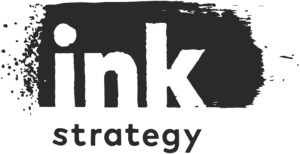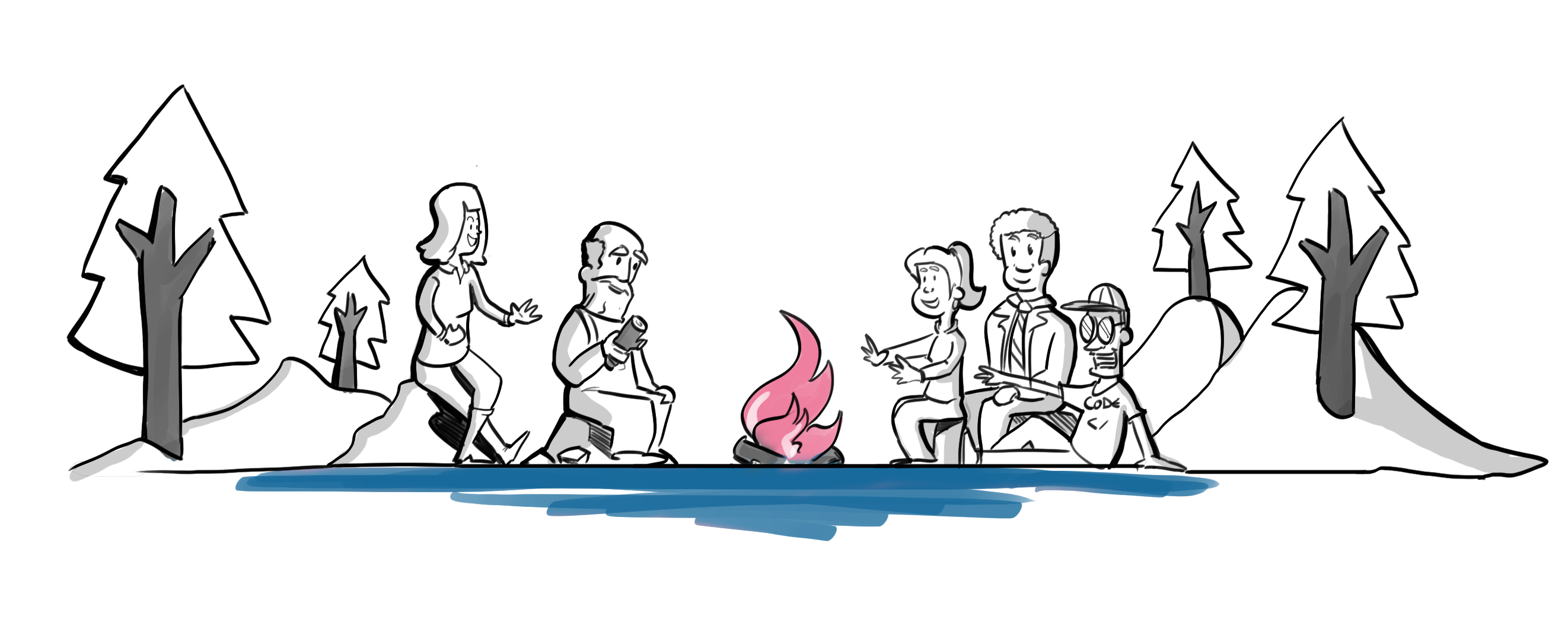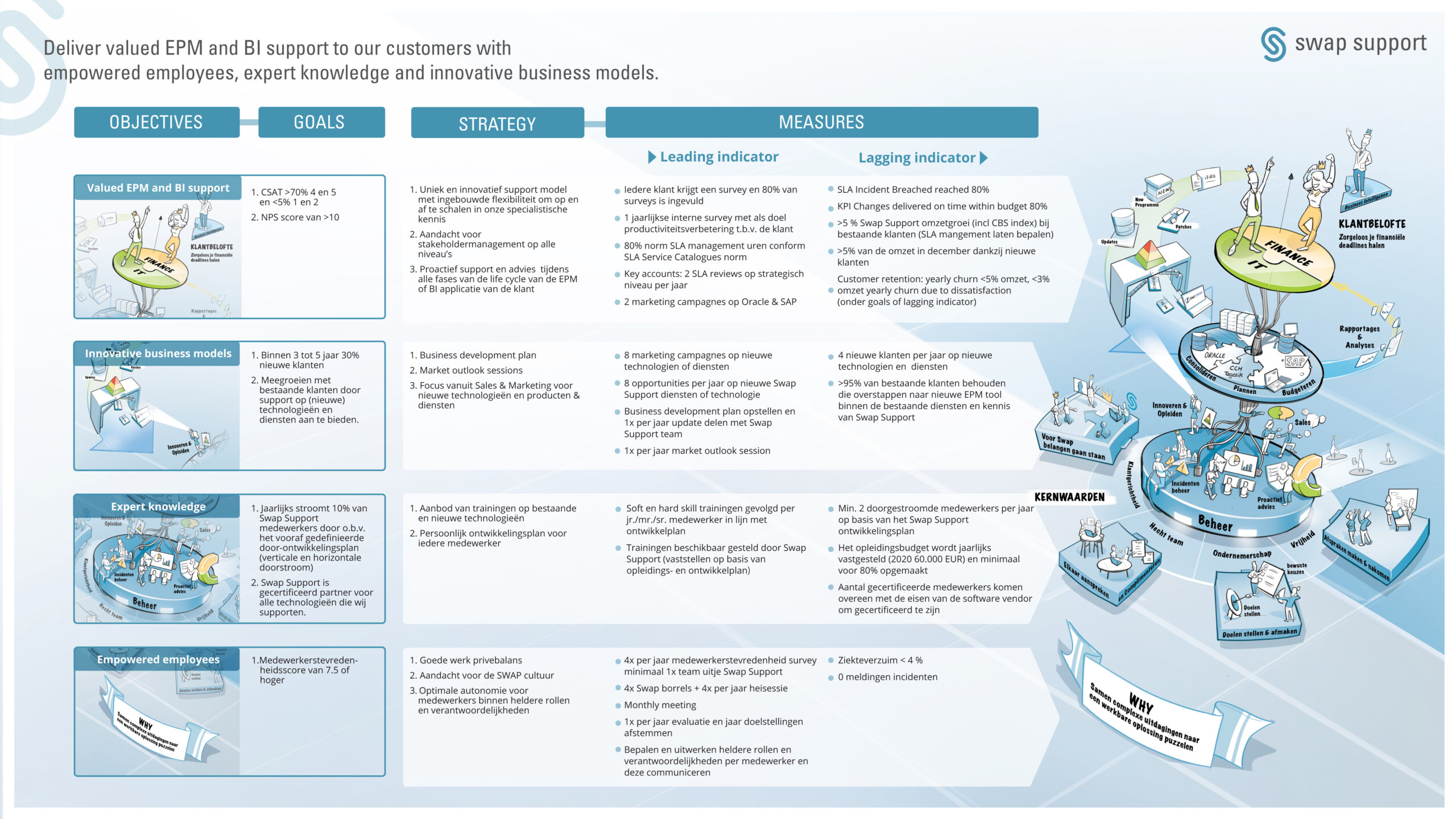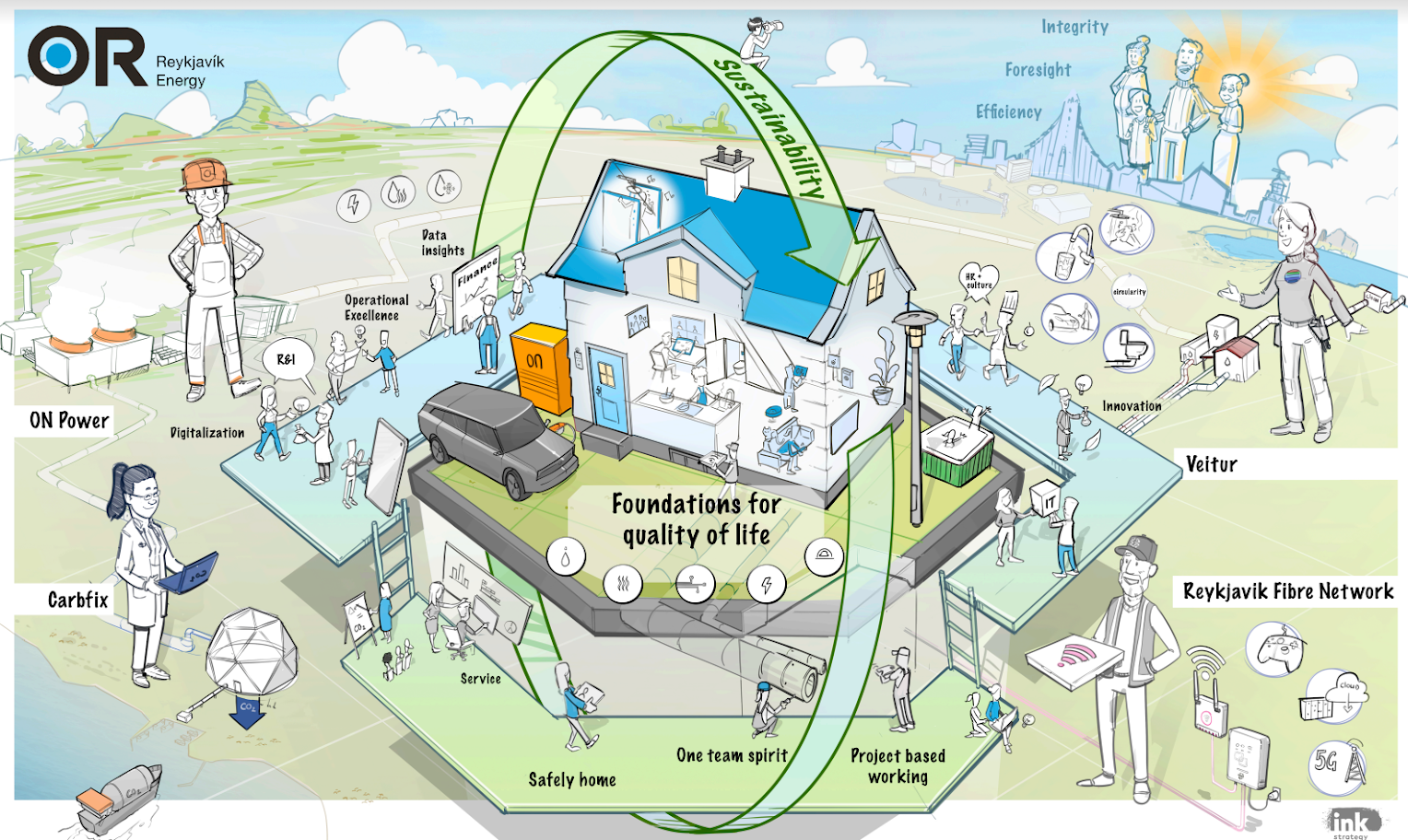Everything you need to know about storytelling to make your story stick.
Do you recognise the feeling of not being able to get through to somebody? Feeling as if the person you are talking to lives on another planet – entirely unreachable and numb to what you are trying to say? Building rapport is a technique to learn how to get through to people in such situations and turn the conversation into a constructive dialogue. It’s a relatively simple, yet powerful technique – both in personal and business settings.

John does not want to hear me – an example It’s 10AM when I enter his sunny office. A tall and energetic man who introduces himself as John walks towards me and gives me a firm handshake: “Welcome!” I don’t know John, but we’ve been introduced and this is a first conversation to see if we can mean something to each other business wise. I’m interested in the challenge John faces and want to ask several questions about it, but the conversation goes a different direction. John turns out to be full of energy and dives straight into other issues. His words stumble over each other, I lack the context to understand what he is talking about and frankly, I’m not interested in all the details he’s sharing! While I feel my energy being drained I wonder: “how do I slow down this man, how do I turn the conversation into something that’s meaningful to me and him?”
Building rapport: understanding, trust and the willingness to follow
While in the sunny office from the example, I found myself in the situation where my ideas and needs regarding the information exchange were very different from those from the person I was talking to. Accordingly, we didn’t manage to establish real contact. In itself, this isn’t a very rare or problematic situation; most of us are occupied with our own activities, thoughts, and needs and direct contact with others is rare. It does get problematic when we don’t manage to establish contact after a while and end up throwing words at each other seemingly from different planets. In that case, the conversation does not lead to understanding, nor to trust or the willingness to follow each other. Building rapport means establishing exactly these things: understanding, trust and willingness to follow.

John keeps chattering away and my first response is to fall silent. When I do say something, I speak in an exaggeratedly slow manner hoping John follows. In addition, I don’t really answer to what he’s saying but ask questions about the things I want to talk about. All to no avail, I don’t manage to get through.
Tuning in
Building rapport is about tuning in and connecting with the other person. Stubbornly sticking to making your own point over and over does not get you results. Before the other person will ‘hear’ you, he’ll first have to experience that you ‘hear’ him. You can succeed in that by tuning in to the other person on different levels.

When I realize John doesn’t want, or isn’t able to hear me, I change course. I start to speak as fast as he does, match my breathing with his, just as my energy level, gestures and posture. Also I do ask a single question about some of the detailed content he’s talking about. When I’ve done this for about 5 minutes I slowly start to calm down my breathing, calm down the pace in which I speak and the gestures I make. Turns out that John (unconsciously) follows my example. Only when he’s calmed down I successfully lead the conversation back to where I want to talk about.
As the example shows, tuning in can be done on different levels, both verbally and non-verbally. Building rapport does not mean to give in on the content

To be clear, tuning in on this context does not mean you are agreeing with what the other person is saying or ‘giving in,’ in any sense. Building rapport is about tuning in on the level of unconscious communication – physiology, tone of voice, word use. In the example I shared I stick to my idea that it’s not useful to speak about details in a frantic way, but I do connect and tune in to John on a subconscious level. That’s how I manage to have John follow my lead.
Building rapport can be a useful tool to managing various situations and contexts. It can take some practice but once mastered, can be used in both business and personal situations. Any experiences using rapport successfully? Share how this helped you to steer conversations.
Recent posts
The OGSM model is a strategic planning model that connects the dots in your strategic plan...
A bigger picture helps team collaborate, clarify ideas and empower the entire organisation...




